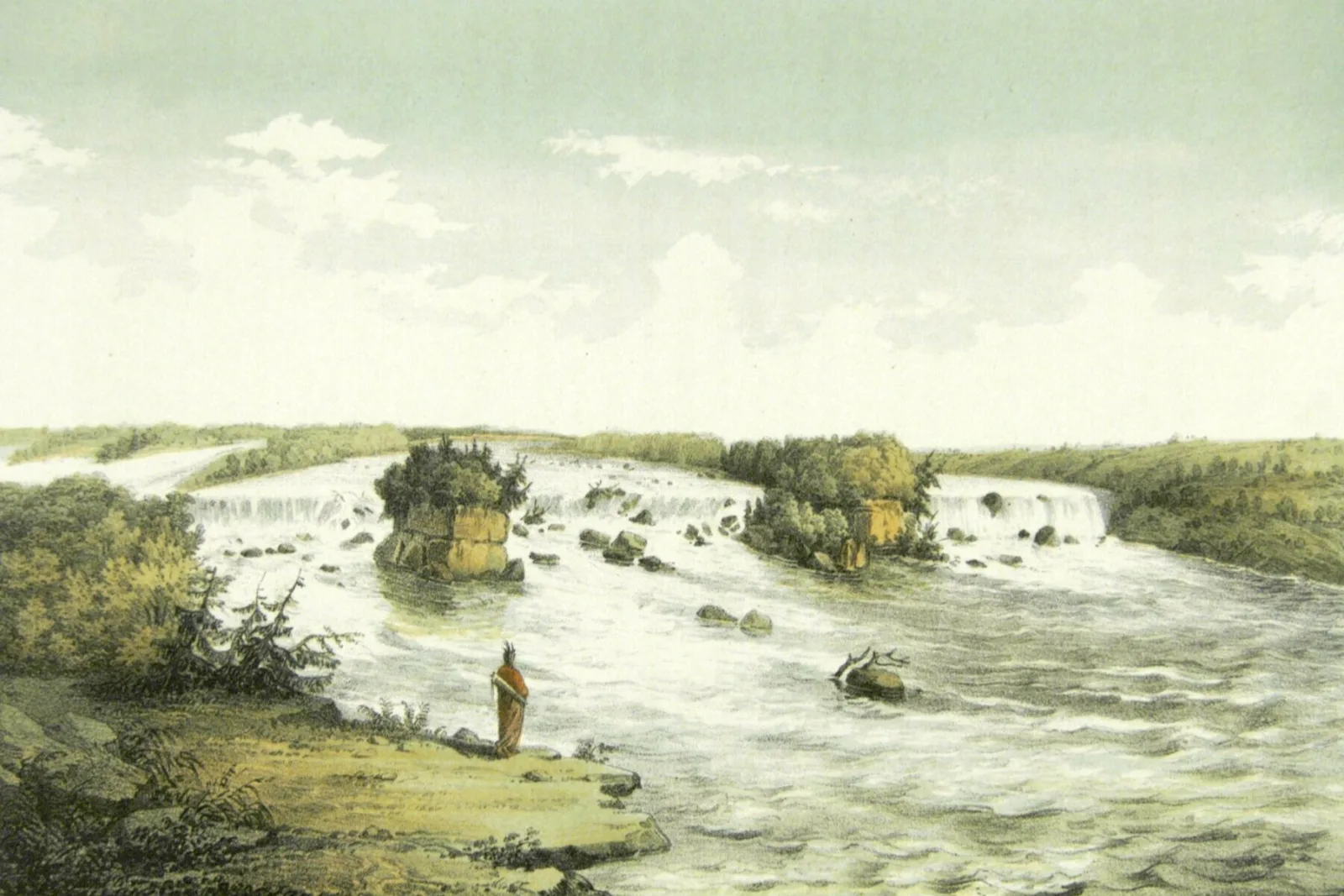Class Description
The Midwest forms the center of the Great Lakes Region. We rely on our canals, lakes, rivers, and other waterways not only for drinking water, shipping, industrial, and other vital municipal functions but also for play and leisure. However, these waterscapes also increasingly pose dangers to residential infrastructure and human health. Water pollution sickens more midwesterners every year, and rising tides threaten to displace waterfront communities.
Treating waterways as reservoirs of community knowledge and memory, this course traces the history of the Midwest region from the 18th century through the present. How have Indigenous, Black, and white settler communities navigated these waterways? What does the industrial pollution of waterways like the Calumet and Des Moines rivers reveal about state and corporate development? To what extent are the “natural” waterways we know today products of human engineering? Each session of this four-week course will explore how waterways have shaped midwestern placemaking. Participants will be invited to rethink their relationships with Chicago’s changing waterscape.
Mila Westhoff Kaut is a doctoral candidate in History at Northwestern University. Her doctoral research examines the intersections between public memory and political culture. As a public historian, Mila engages historical inquiry as a tool for placemaking and community building.
All virtual classes are recorded and made available to participants registered in the class. These recordings are password-protected and available for up to two weeks after the class ends.
Materials List
Required
- Instructor-Distributed Materials
First Reading
- Please read the Introduction, Chapter 1, and Conclusion from Tiya Miles's The Dawn of Detroit and Doug Kiel's article, "Untaming the Mild Frontier," before our first meeting.
- Optional Assignment: Recall a historical narrative that you learned about a place you lived growing up or the place you’re currently living. Journal about your encounter with this narrative. Where did you first encounter this story? What did you think of the narrative when you first heard it? Did you run into this or a similar narrative elsewhere? What do you think of the narrative now?
A Brief Syllabus
- Slippery Shorelines: Narratives of Midwestern Waterways
- Power and Pollution: Maneuvering Waterways Since the Early Twentieth Century
- Placemaking and Displacement: Deindustrialization and Environmental Health
- Rivers Remember: Our Relationships with Local Bodies of Water and Climate Change
Cost and Registration
4 sessions, $200 ($180 for Newberry members, seniors, and students). Learn about becoming a member.
We offer our classes at three different price options: Regular ($200), Community Supported ($190), and Sponsor ($210). Following the models of other institutions, we want to ensure that our classes are accessible to a wider audience while continuing to support our instructors. You may choose the price that best fits your situation when registering through Learning Stream.
To register multiple people for this class, please go through the course calendar in Learning Stream, our registration platform. When you select the course and register, you’ll be prompted to add another registrant.
RegisterSupport the Newberry
Your generosity is vital in keeping the library’s programs, exhibitions, and reading rooms free and accessible to everyone.
Make a GiftQuestions?
Call us at (312) 255-3700 or send us an email at adulteducation@newberry.org.
Our office hours are Tuesday through Thursday, 10 am–6 pm CT.
We are available by email Tuesday through Saturday.
